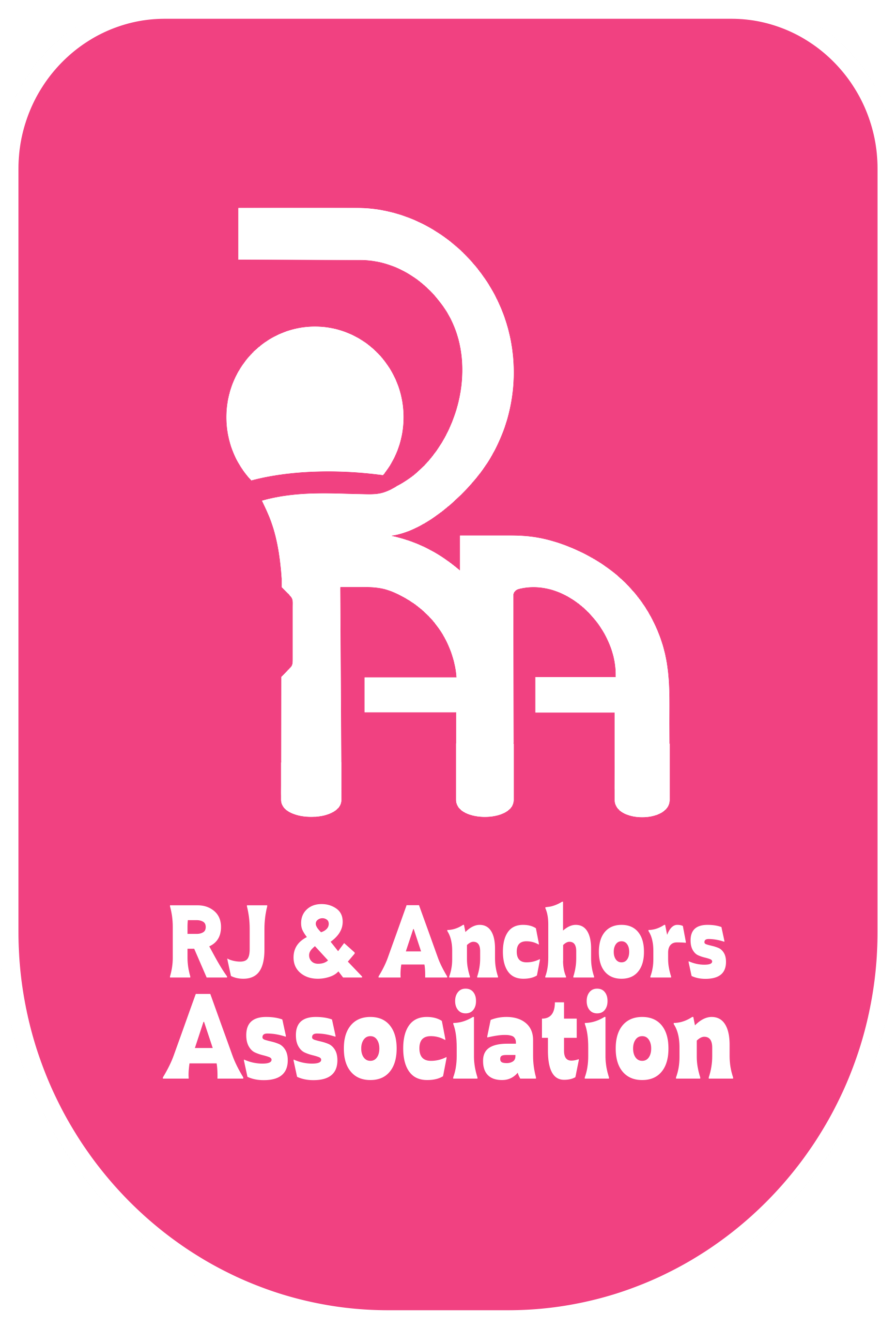
When it comes to organizing and hosting events, whether it’s a corporate conference, a wedding, or a charity fundraiser, one key element that can make or break the experience is the role of the event anchor. Anchoring, also known as emceeing or hosting, is the art of guiding an audience through an event, keeping them engaged, informed, and entertained. In this blog, we’ll explore the significance of anchoring in events and uncover some tips for becoming an exceptional event anchor.
The Role of an Event Anchor
An event anchor serves as the glue that holds an event together. They set the tone, provide structure, and ensure that everything runs smoothly. Here’s a look at some of the crucial roles an event anchor plays:
- Creating a Connection: An effective anchor establishes an immediate rapport with the audience. They connect with attendees on a personal level, making them feel comfortable and welcomed.
- Providing Information: Anchors share essential information about the event, its schedule, speakers, and activities. Clear communication is key to keeping everyone informed.
- Managing Transitions: Events often involve multiple segments or speakers. An anchor smoothly transitions between these elements, maintaining the audience’s interest.
- Engaging the Audience: Through humor, anecdotes, and audience interaction, a skilled anchor keeps the audience engaged and entertained.
- Handling the Unexpected: No event goes off without a hitch. Anchors must be quick on their feet to address unexpected situations or technical glitches gracefully.
Tips for Aspiring Event Anchors
If you’re interested in becoming an event anchor, here are some tips to get you started:
- Prepare Thoroughly: Familiarize yourself with the event’s agenda, speakers, and topics. Rehearse your script and practice your delivery.
- Stay Calm Under Pressure: Events can be stressful, but a calm anchor can help ease tensions. Practice mindfulness techniques to stay composed.
- Build Versatility: Adapt your style to suit the event. A formal corporate conference requires a different tone than a lively music festival.
- Interact with the Audience: Engage with the attendees by asking questions, encouraging participation, and responding to feedback.
- Learn from Feedback: After the event, seek feedback from organizers and attendees. Use this input to improve your anchoring skills.
